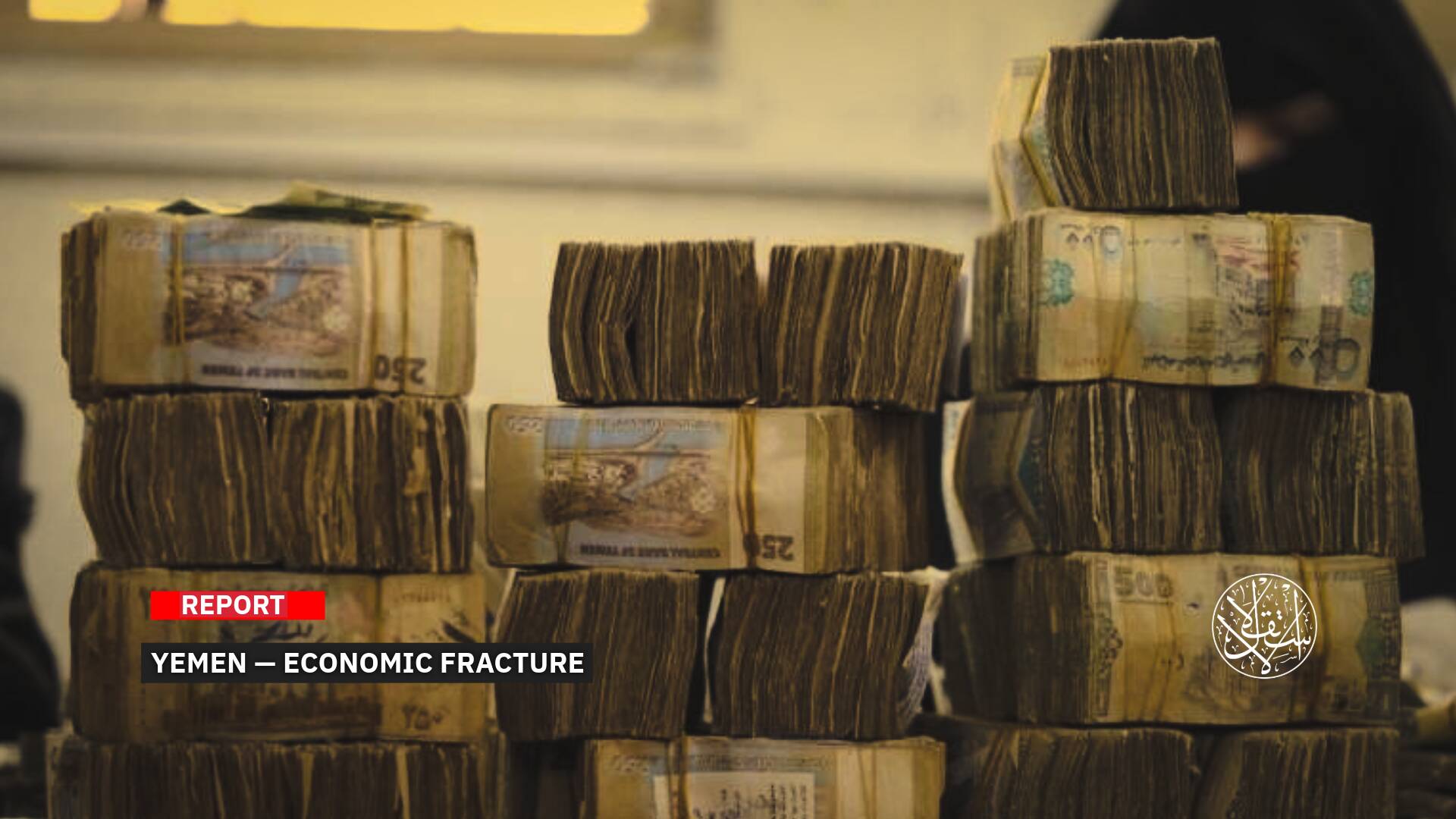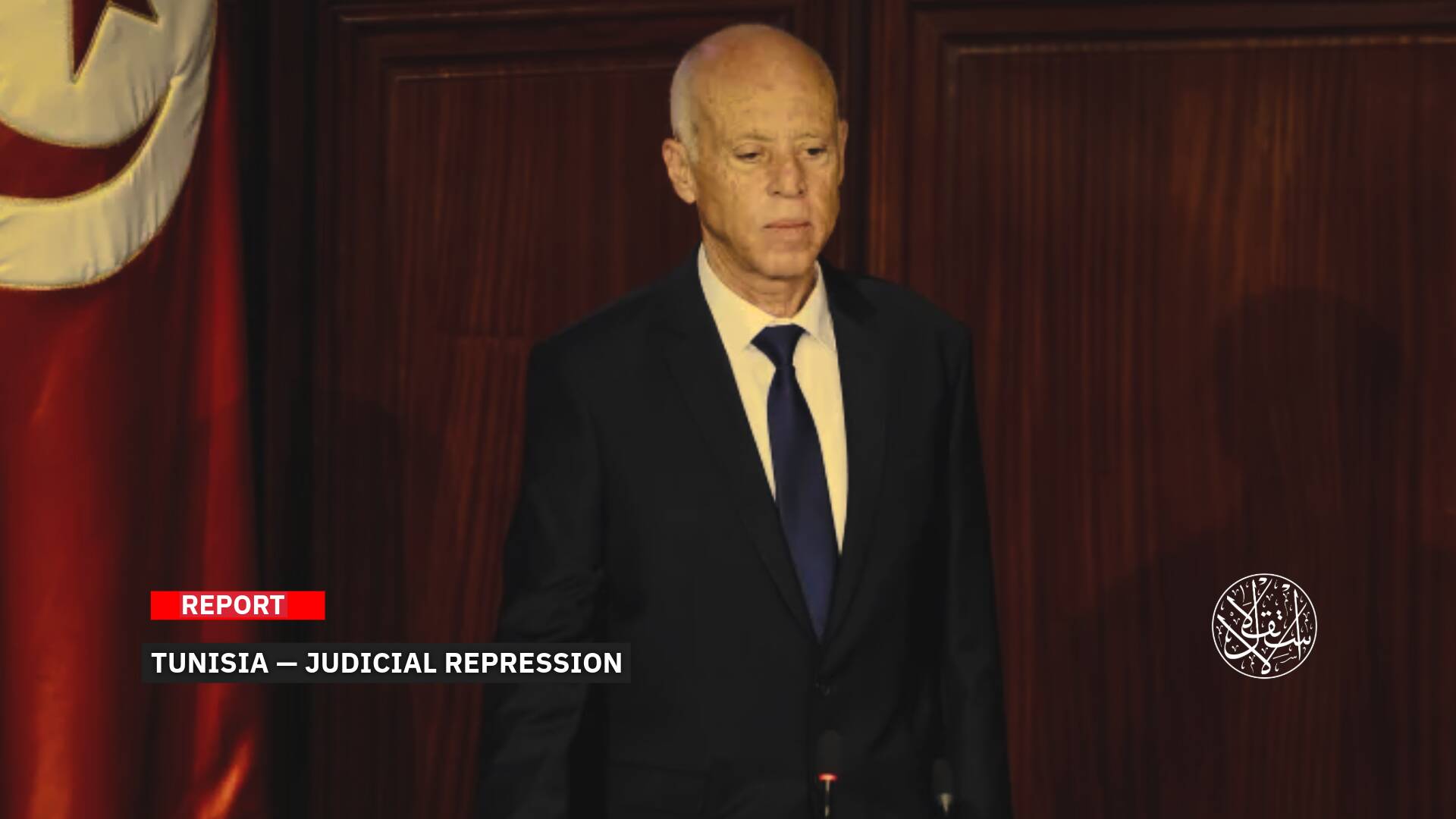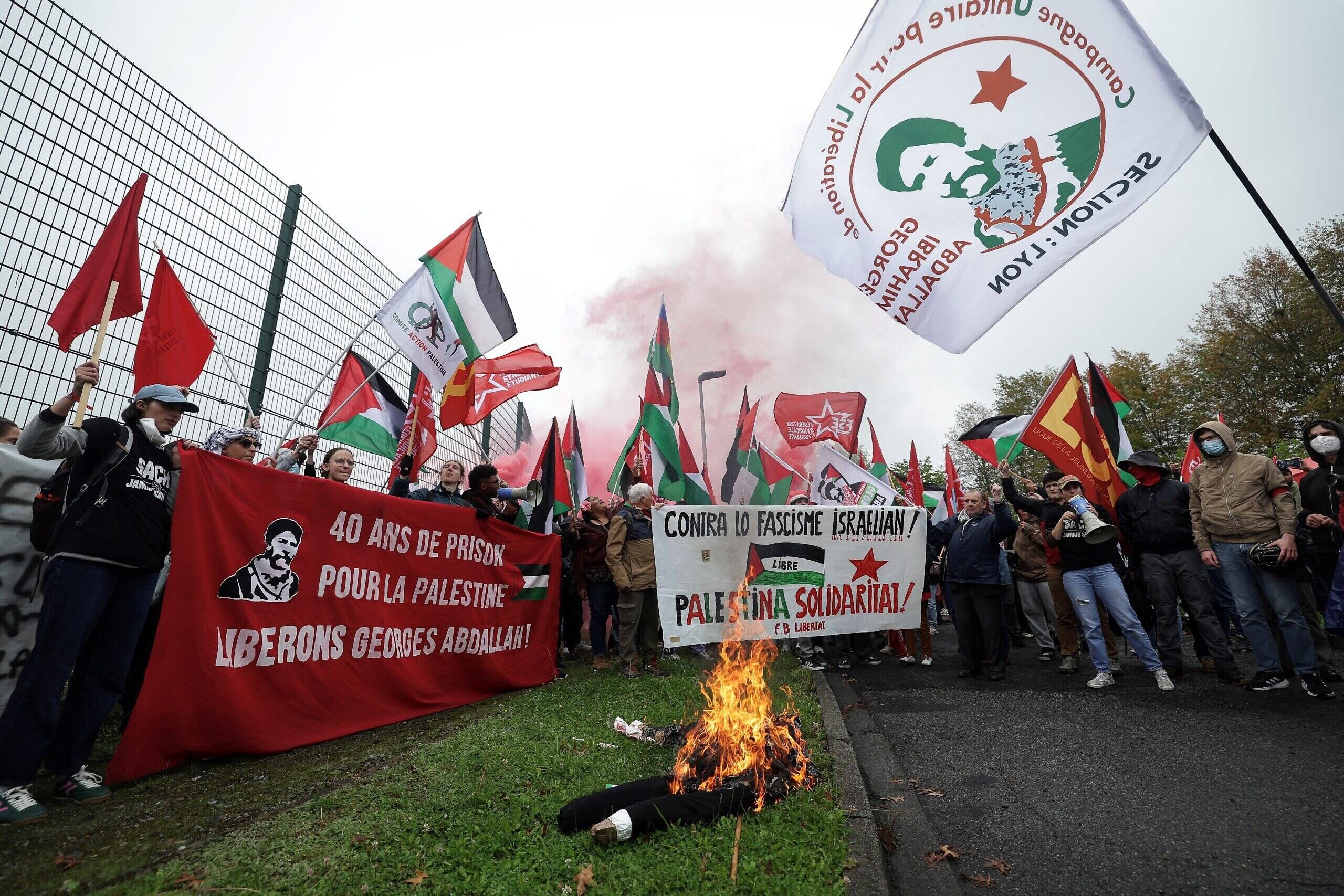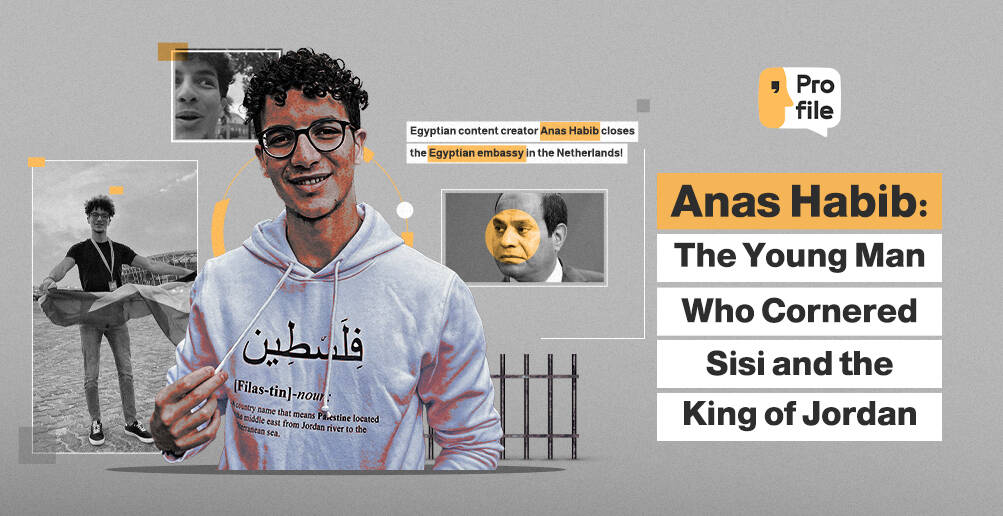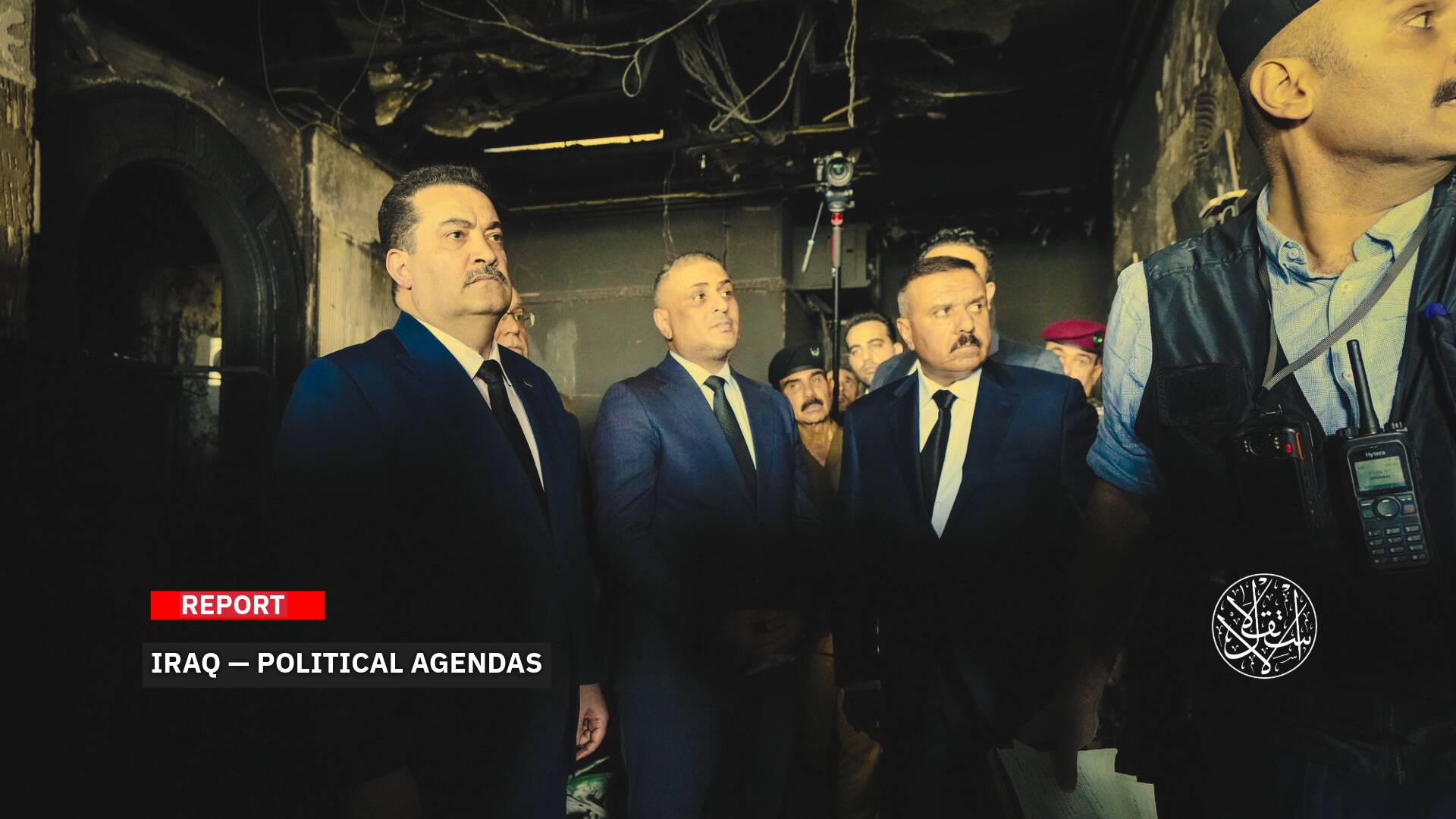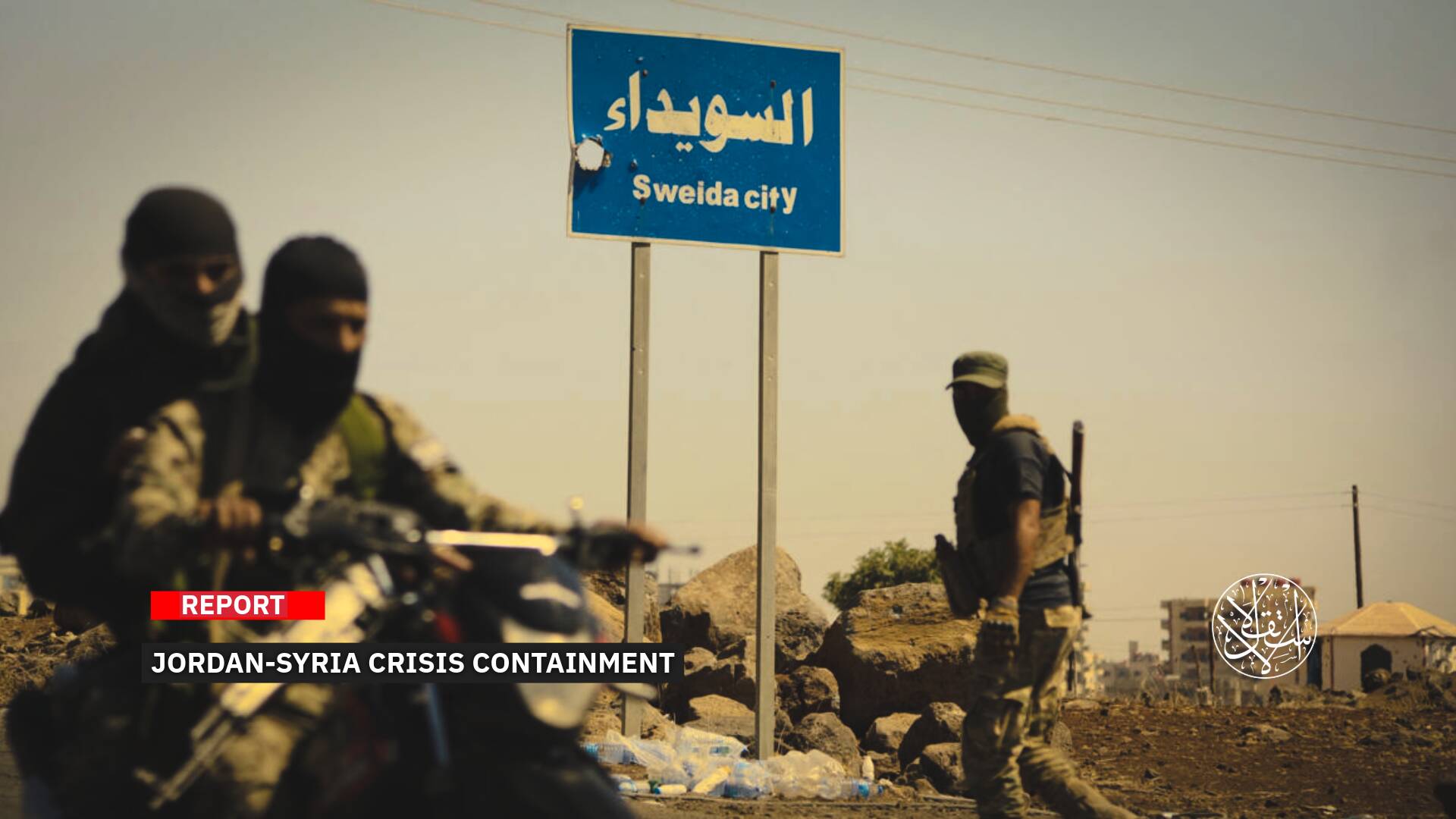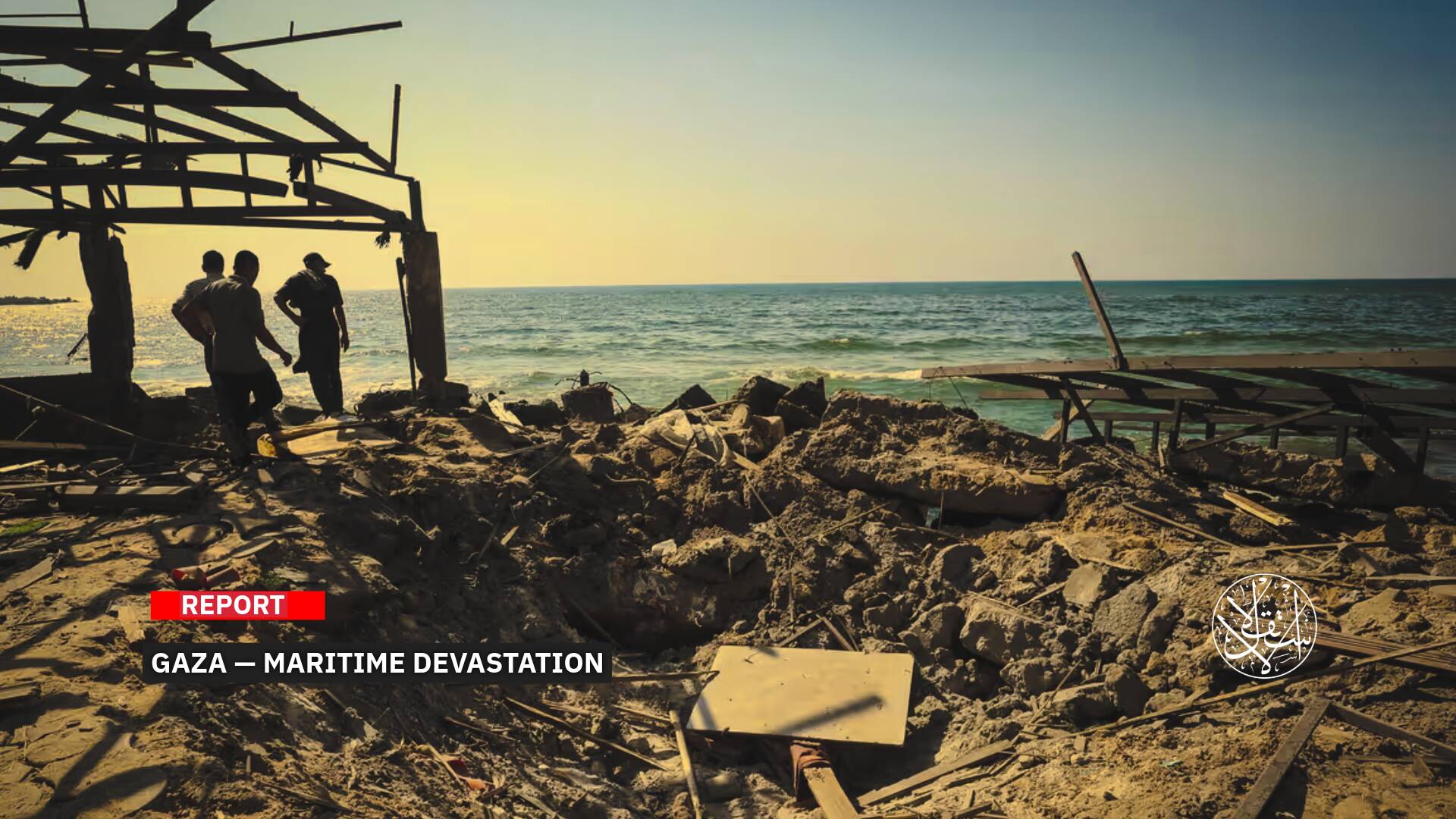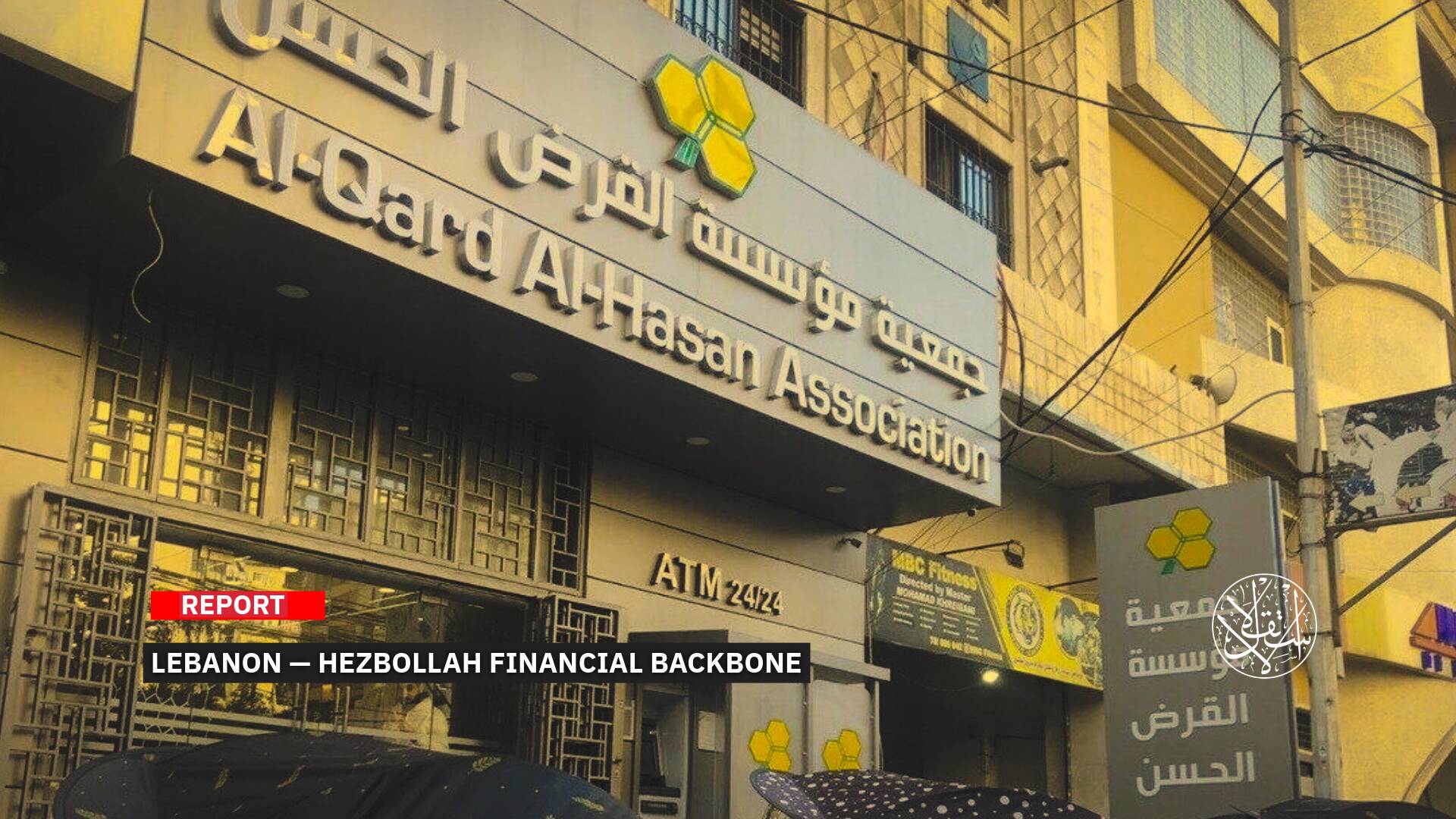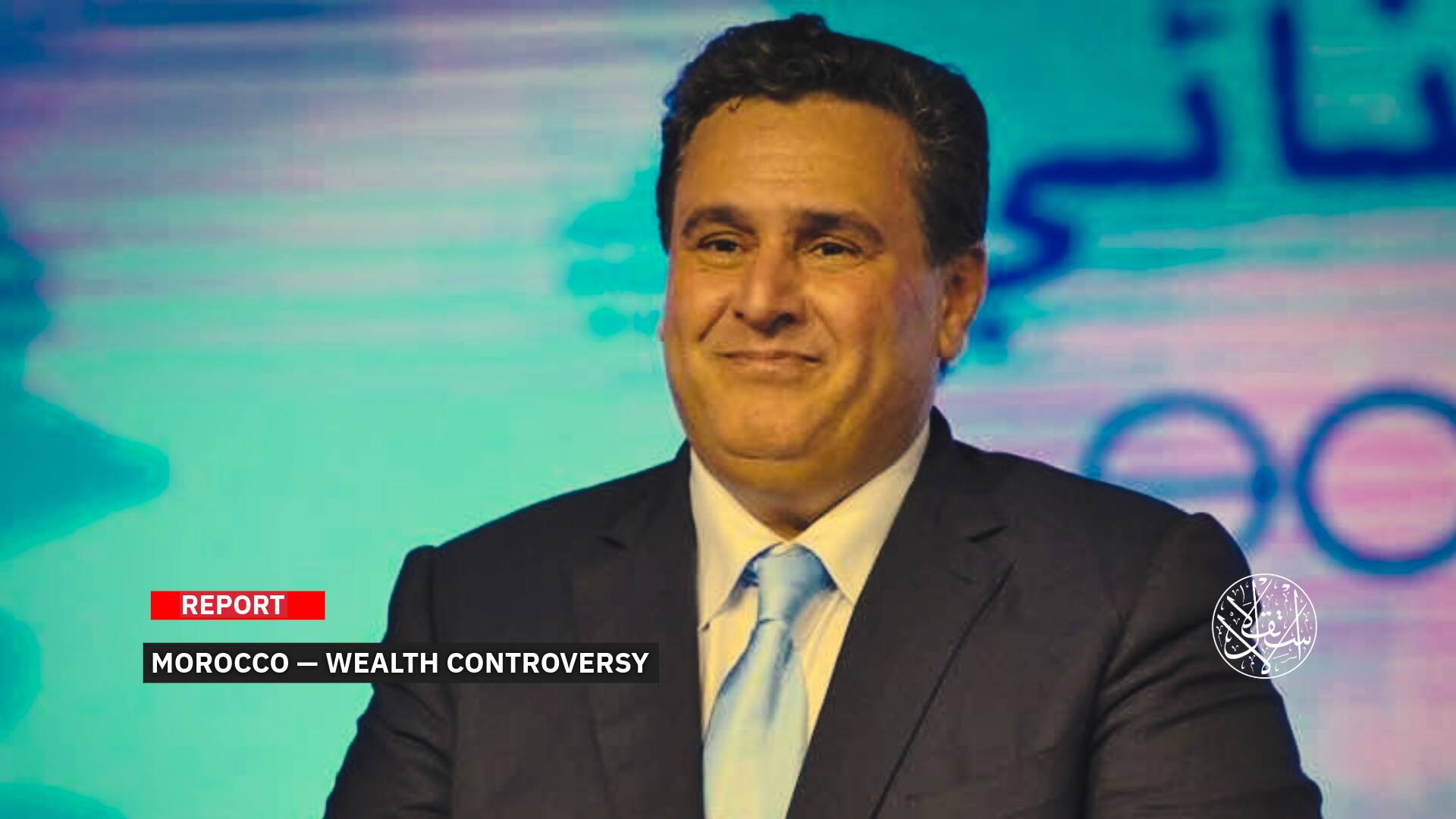Why Saudi Arabia is Pushing for Peace Between Washington and Tehran, Despite Iran's Weakening Power

Observers say Saudi Arabia fears an Iranian backlash from U.S. pressure.
Amid swift geopolitical shifts in the Middle East, reports indicate that Saudi Arabia is positioning itself as a mediator between Washington and Tehran in ongoing negotiations over Iran's nuclear program.
This unexpected move raises many questions about Riyadh's motivations and strategic interests.
While Saudi Arabia had been seen as a key ally in countering Iranian influence in the region, these recent actions are reshaping the landscape, especially with growing talk of Saudi Arabia moving closer to normalization with “Israel.”
Is this shift a sign of changing power dynamics, or is Saudi Arabia seizing Iran's waning influence to secure greater regional leverage?
‘Saudi Arabia’s Mediation Ambitions’
Saudi Arabia is now open to mediating between the U.S. administration under President Donald Trump and Iran in hopes of reaching a new agreement to curb Tehran’s nuclear program, according to CNN.
The kingdom is concerned that, with its regional proxies–once seen as a deterrent against Israeli attacks—now significantly weakened, Iran may be more inclined to pursue a nuclear weapon.
Riyadh hopes to leverage its close relationship with Trump to provide Iran with a diplomatic bridge to the White House.
Although it is unclear whether Saudi Arabia has made a formal offer, this move underscores Riyadh’s desire to build on its improved relations with its former adversary and secure a seat at the negotiating table for a potential new agreement.
Saudi officials view the current regional dynamics as a historic opportunity to ease tensions with Iran and improve relations, insisting they want no part in any American or Israeli confrontation with Tehran.
“They are also concerned that a cornered Tehran may be more willing to develop a nuclear bomb and they view a new nuclear agreement as a way to prevent that,” CNN found.
No comments had been made by Saudi Arabia, the U.S., or Iran regarding the mediation effort Riyadh is reportedly pursuing between Washington and Tehran.
However, this step appears to be aimed at increasing Saudi Arabia’s regional presence with Trump’s return. On February 18, Riyadh hosted talks between Russia and the United States, believing that dialogue is the only way to resolve international crises and bridge differences between the two sides.
While Saudi Arabia publicly welcomed the 2015 nuclear agreement between Iran and global powers, it privately resented the Obama administration at the time for failing to address its concerns about Tehran’s regional activities—particularly its missile program and proxy groups in Yemen, Iraq, and Lebanon, which Saudi Arabia considered a threat to regional stability.
Saudi Arabia later welcomed Trump’s withdrawal from the nuclear deal in 2018. A year later, Saudi oil facilities were attacked in a major drone and missile assault, temporarily halving its oil production.
The Iran-backed Houthi militia claimed responsibility for the attack on Saudi oil facilities, but the United States blamed Tehran, stopping short of taking military action in defense of its Saudi ally.
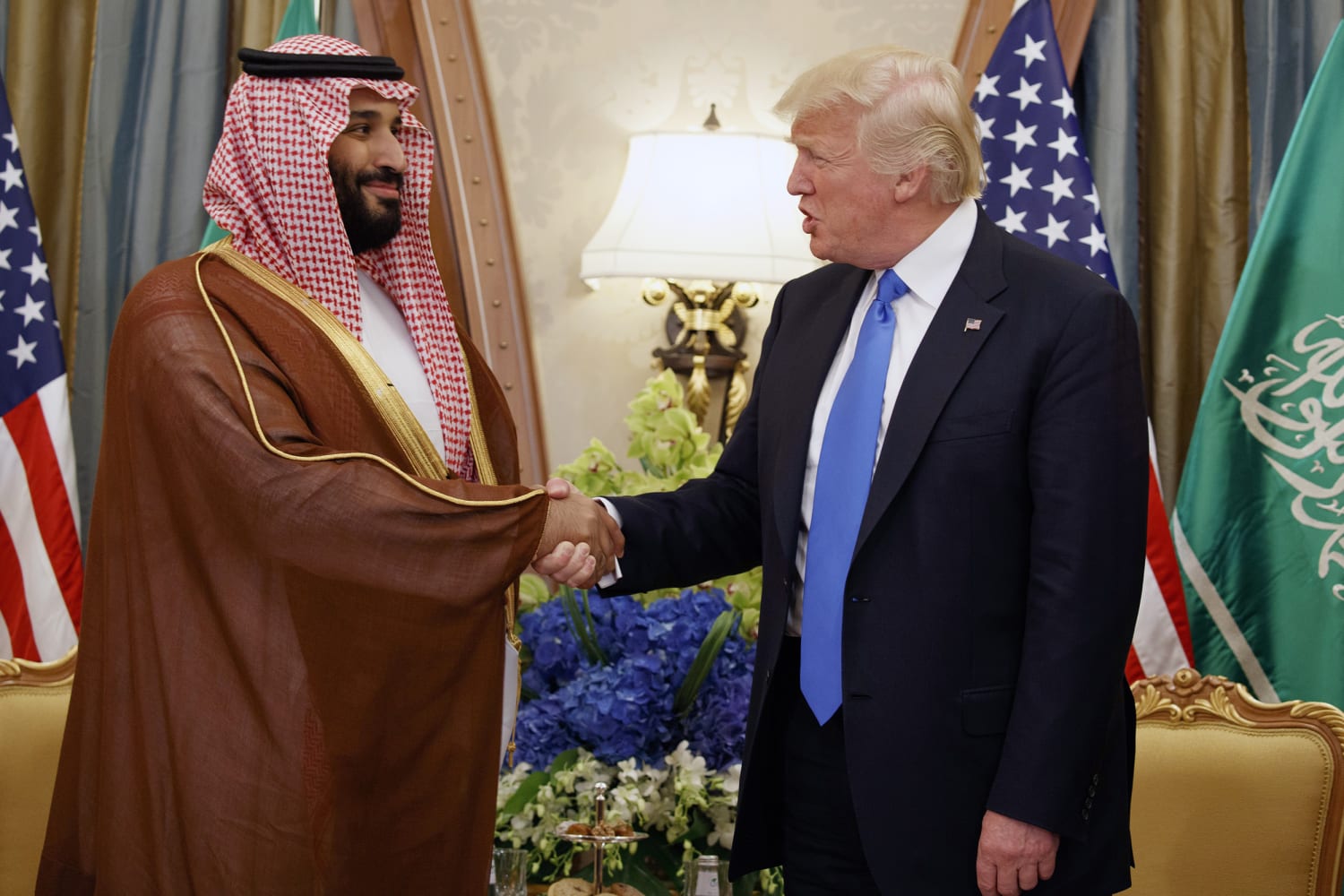
Fears the Repercussions
Regarding the reasons pushing Riyadh to mediate and the interests it could achieve, Middle East political analyst Dr. Imadaldin al-Jubouri said Saudi Arabia does not deal with its adversaries in an aggressive or offensive manner in its foreign policy.
“While there is no official confirmation from the three parties about the mediation, this does not rule out the possibility that Saudi Arabia has a special initiative for diplomatic de-escalation between the United States and Iran,” he told Al-Estiklal.
“If we assume that there is something in this direction, it is well known that Saudi foreign policy is generally characterized by calm. The Kingdom tends to prioritize the overall interests of the region.”
“Although Iran is currently in a difficult position and has suffered setbacks in Syria and Lebanon, and its sectarian project in the region is shrinking, it is not Saudi Arabia’s philosophy to exploit the opportunity and intensify the pressure on Iran. This would certainly provoke a reaction and destabilize the region,” al-Jubouri added.
“Saudi Arabia favors a two-pronged approach: de-escalation and problem-solving on the one hand, while refraining from interfering in Iran’s internal affairs on the other.”
“Under Crown Prince Mohammed bin Salman, Saudi Arabia has shaped its foreign policy around globalization, leading to closer ties with Russia, China, India, and Brazil, as well as its entry into the BRICS political and economic bloc,” according to the analyst.
“All these signals suggest that Riyadh seeks to avoid side conflicts that could destabilize the region. Instead, it prioritizes lasting stability for the benefit of Arab and Islamic nations, with broader positive implications for the global landscape,” he concluded.
On March 10, 2023, China brokered a reconciliation between Saudi Arabia and Iran, ending a rupture that had begun in 2016 after Iranian protesters attacked the Saudi embassy in Tehran and its consulate in Mashhad in protest of the execution of prominent Shiite cleric Nimr al-Nimr by Saudi Arabia on charges of “terrorism.”

Iranian Optimism
With no official Iranian comment on reports of Saudi mediation with the United States, Iranian newspapers highlighted the issue on February 17. While some showed clear optimism, others merely relayed what had been reported by the American network.
Arman-e Emrooz hailed the news with a bold front-page headline: “Saudi Arabia Steps In as the New Mediator Between Iran and America.”
It quoted international affairs expert Ali Bigdeli, who stated that Bin Salman seeks to enhance stability in the Middle East, and his initiative comes from this perspective.
The reformist newspaper welcomed the Riyadh mediation, noting that Saudi Arabia's relationship with Trump and its desire to strengthen ties with Iran and reduce regional tensions would make it a good mediator.
Meanwhile, Donya-e-Eqtesad stated that Saudi Arabia's success in hosting two upcoming meetings (unnamed) this week could enhance the Kingdom’s position as a “neutral player” capable of mediating between Tehran and Washington.
However, Jam-e Jam, the state-run newspaper operated by the Islamic Republic of Iran Broadcasting, was less optimistic, noting that other countries in the region have a better track record in mediating between Iran and the United States.

The reformist Sazandegi newspaper headlined boldly above a large image of the Saudi Crown Prince: “Efforts for Mediation,” without providing further details.
In early February 2025, Trump stated that he preferred reaching an agreement with Iran over launching a large-scale military strike, emphasizing that “Israel” will not carry out any strikes if an agreement is reached.
Trump declined to discuss potential negotiation details with Tehran.
“In a way, I don’t like telling you what I’m going to tell them. You know, it’s not nice,” he told the Post.
“I could tell what I have to tell them, and I hope they decide that they’re not going to do what they’re currently thinking of doing. And I think they’ll really be happy.”
In response, Iranian Supreme Leader Ali Khamenei, on February 8, described talks with the U.S. as neither smart nor wise nor honorable, saying “there should be no negotiations with such a government,” but stopped short of issuing a direct order not to engage with Washington.
“You should not negotiate with such a government, it is unwise, it is not intelligent, it is not honorable to negotiate,” Khamenei said during a meeting with army commanders.
The United States had previously “ruined, violated, and tore up” a 2015 nuclear deal, he said, adding that “the same person who is in power now tore up the treaty.”
Sources
- Saudi Arabia seeks to mediate between Trump and Iran on new nuclear deal
- Trump says he prefers nuclear deal with Iran than ‘bombing the hell out of it’
- Iran supreme leader criticizes proposed nuclear talks with US, upending push to negotiation
- Iran's Khamenei warns against negotiating with US
- Saudi Arabia and BRICS: “Hesitation” to join or “broader study” of options? [Arabic]
- Saudi-Iranian commitment to implement Beijing agreement [Arabic]
- Mediation between Tehran and Washington, the decline of government performance, and the “murder” at the University of Tehran [Arabic]
- Potential Saudi mediation presents plot twist to Iran-US talks drama


